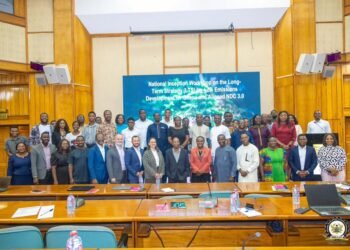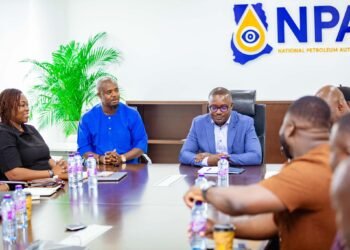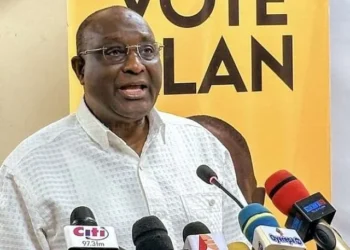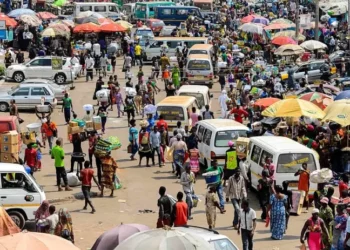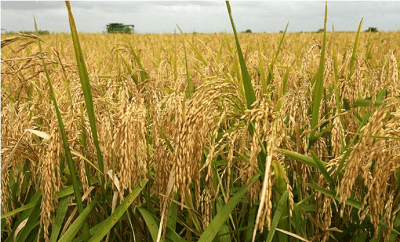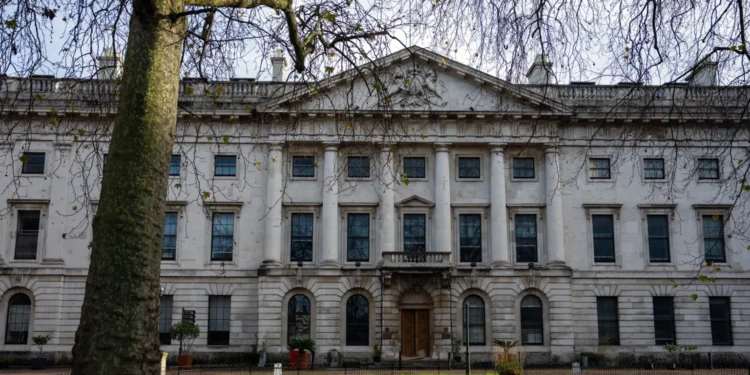Ghana has myriad of lessons to learn, especially regarding the gross disparity between the development of its natural resources or resource-affiliated projects and the wider benefits from same to host communities where resources are exploited.
Considering the government’s posture regarding the petroleum hub project, it will not be mere exaggeration to suggest that the government is aggressively seeking to maximize the value of its oil resources. However, enthusiasm may be confused with progress, thus causing the government to skip several vital considerations which are foundational to the project and widely beneficial to the local communities.
Retrospectively, the development of mining communities in the country has been a not-too-good experience, and this may well serve as a classic example for the facets of development of the petroleum hub project.
The fundamental issue is that the government must look to the development of the local people and adequately factor their needs and grievances to avoid a similar scenario to that of mining communities.
Learning from the development experience of mining communities
Looking closely at the development trajectory of mining communities, conflicts have regretfully featured for so many years, especially in gold mining communities. Generally, one of the sources of conflicts at different levels of community relations is contending for mineral rich parcels of land.
Conflicts amongst community stakeholders regarding land use are due to fluidity in land ownership, control and rights, which are common in local communities. The economic, social and environmental welfare of the local populations are usually at the core of such conflicts.

Several of these unfortunate circumstances have gone unresolved, and most importantly, highly likely to have fueled illegal mining activities in several of these communities. The fact remains that the government and mining companies have failed to recognize sooner that a broad-based engagement with communities from the onset has been lacking.
Without taking precautions and laying down the necessary building blocks for the petroleum hub project, the country may likely see a reflection of the abysmal development of mining communities to the chosen community for the petroleum hub project.
Against this backdrop, the government has acquired a 20,000 acres land for the petroleum-processing facilities, in a potential total area of 50,000 acres in Bonyere within the Jomoro district in Western Ghana.
Locals concerned about gov’t acquired land size for Petroleum Hub Project
In a petition addressed to the Board Chairman of the Petroleum Hub Development Corporation, Awulae Annor Adjaye, the convener for the Committee of Concerned Citizens of Nzema Descent, Elizabeth Allua Vaah expressed misgivings over the land size acquired for the petroleum hub project among other issues quintessential to the development of the hub and the local people.
Elizabeth Vaah is on record to have said that since plans for the prospects of the petroleum hub project began “there’s very little involvement for the local people in the petroleum hub”. Worse of it all, the project “is just a ploy to take the land from the people.”
Interestingly, the 20,000-acre land acquisition for the refineries is considered overly massive, “even compared with the largest refinery in the world,” she said.
Nigeria’s Dangote Refinery site, which will have 650,000 barrels per day (b/d), will cover 7,500 acres. Meanwhile, the Petroleum hub project will involve the establishment of four prospective refineries with each having refining capacity of 150,000 barrels per day, totaling 600,000 b/d.
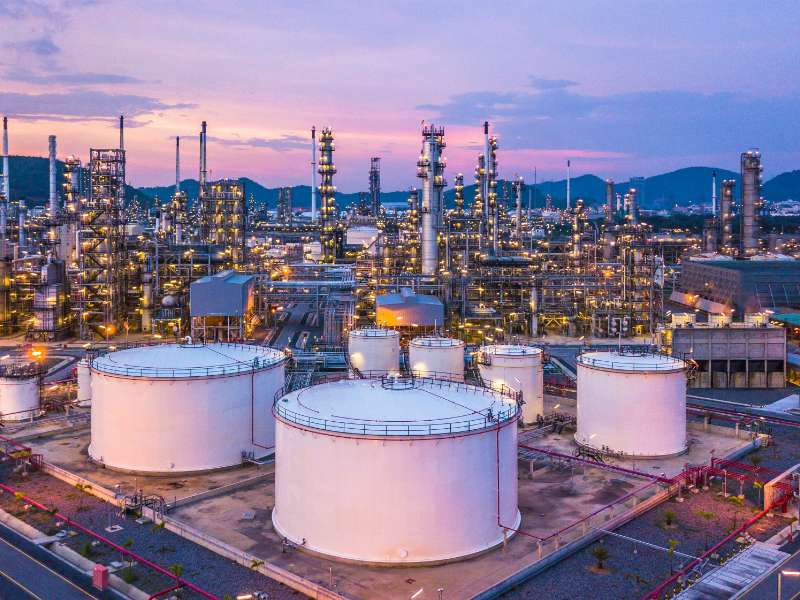
“We are concerned this is just another pie-in-the sky plan to grab beautiful tourism prime real estate, held by the people- and then they can do whatever they want with it. There are no proper plans to compensate the people beyond a few cedis today.”
Elizabeth Allua Vaah, Convener of the Committee of Concerned Citizens of Nzema Descent
The group made the recommendation that the government “establish generational benefit scheme for government-acquired farmlands and fishing water bodies, while also calling for the “formation of a broad-based Nzema Stakeholders Assembly to comprise representatives from affected towns/villages and people of Nzema descent with various backgrounds.”
Meanwhile, discussions with prospective investors for the petroleum hub project have already began. Four companies have shown interest in various components of the project: Eni Ltd in partnership with Vitol Upstream Tano Ltd, CNOOC International Ltd, Resource Base International Ltd and KOKA Energy Company Ltd.
That said, concerned locals are not opposing the development of the petroleum hub project, they rather embrace such a massive development. However, the demand is that the government should not look to fattening its revenues while the development and benefits of the community and locals are not prioritized.
READ ALSO: Ghana likely to Seek IMF Financing If Liquidity Strains Mount – Fitch Ratings




